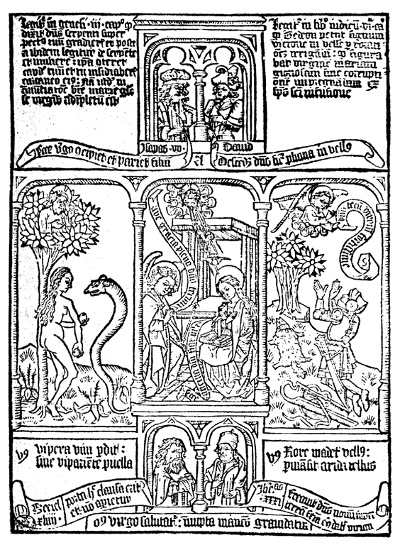Wuthering Heights Contents
Chapter 13
Synopsis
Narrators: Nelly and Isabella (in a letter).
Two months go by and Catherine is a little better. She is pregnant. Isabella’s letter tells of her harsh treatment by Heathcliff and her misery in living at Wuthering Heights. She appeals to Nelly to visit her.
Commentary
Though Catherine recovers slightly, her comments foreshadow her death in a few chapters’ time. If her child were to be a boy, it could save Thrushcross Grange from Heathcliff’s control. Isabella’s letter brings us up to date with events at Wuthering Heights.
The following March: some rare description of beauty in Spring, together with the fire being laid, gives brief hope. The mood soon changes with Isabella’s letter.
his lands secured from a stranger's gripe, by the birth of an heir: Brontë maintains the importance of the inheritance plot which will motivate Heathcliff’s future actions
Dear Ellen: Isabella’s letter gives a picture of life at Wuthering Heights which we have not heard about for a while. The use of letters in Victorian novels was common. Here it adds to the Gothic shifting which multiple narrators provide.
 thible: a stick for stirring a cooking pot.
thible: a stick for stirring a cooking pot.
nave: fist.
deaved: broken.
'Weel done, Miss Cathy!: Joseph equates Isabella’s distress with Catherine’s petulance as a child.
madling: foolish person.
plisky: rage, tantrum.
all to yerseln, un' Him as allus maks a third: Judgemental Joseph reminds Isabella of the orthodox Christian belief that God sees everything done by humans.
a tiger or a venomous serpent: as well as the imagery of fierce animals in association with Heathcliff, there is a hint of the devil who appeared as a serpent to tempt Adam and Eve in the Garden of Eden.
Investigating Chapter 13
- Isabella is ignored by Edgar, ill-treated by Heathcliff and scorned by Joseph. Do you feel sorry for her or has she brought this on herself?
Recently Viewed
Related material
Scan and go

Scan on your mobile for direct link.